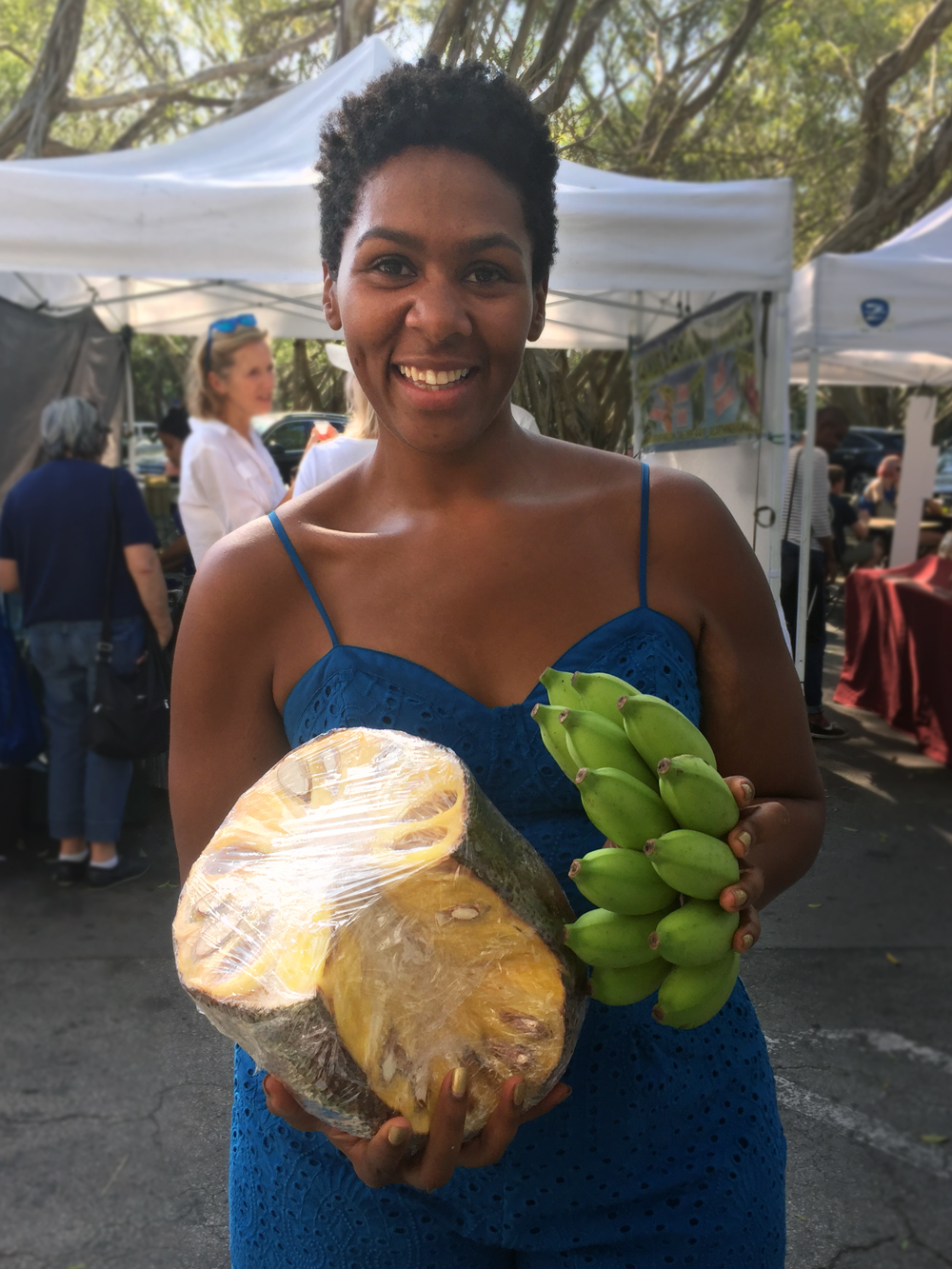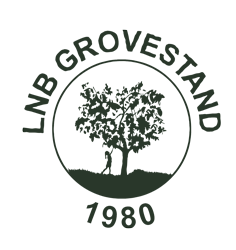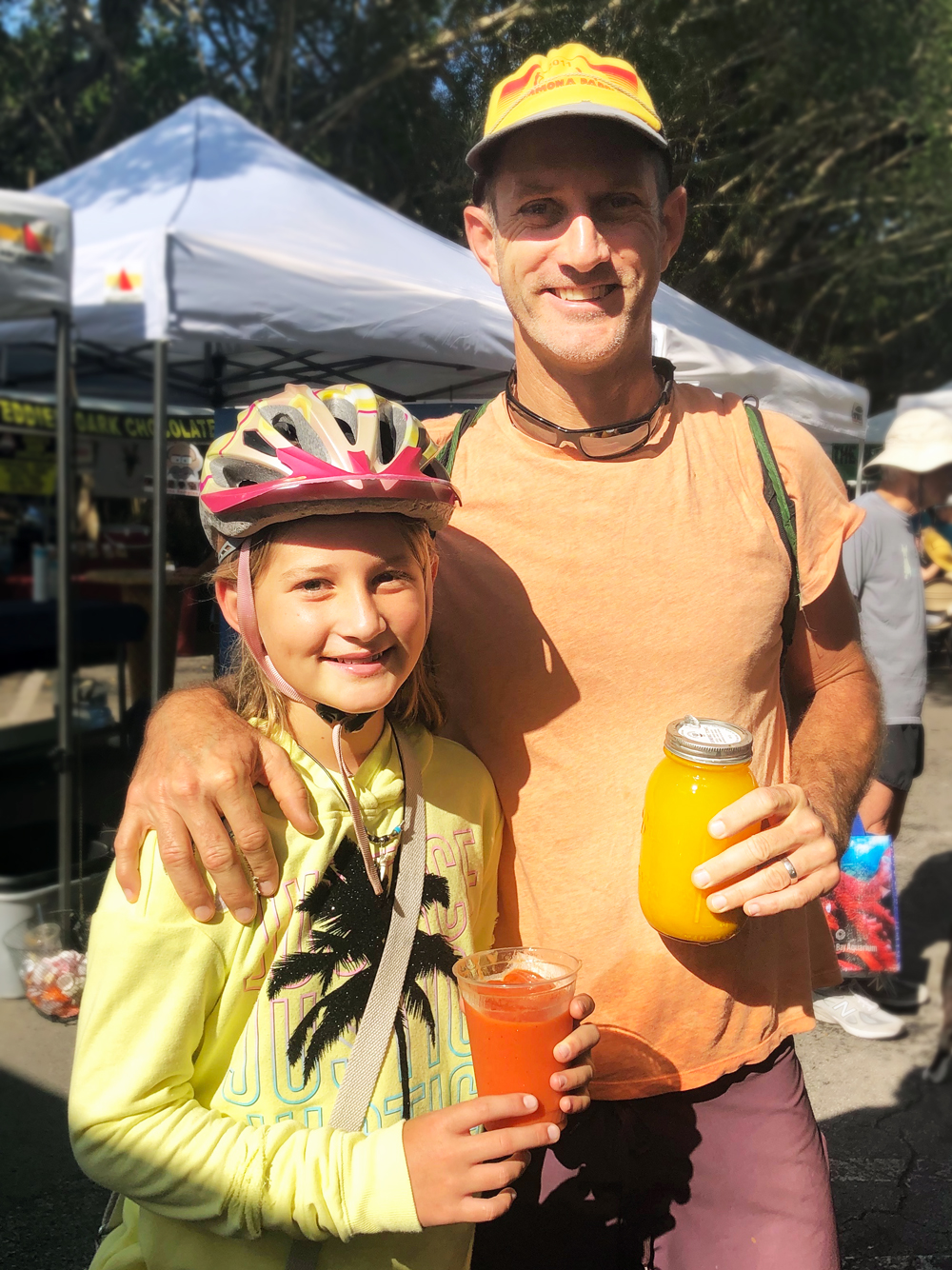
Ahjane
Name(s)?
Ahjané
Where do you live?
We had been in Coral Gables for over five years and just moved to Miami Beach in July.
Where are you originally from and what brought you to town?
I’m from Portland, Oregon. I’m getting my PhD at UM in the School of Education program called Community Well-being. Community Well-being is an interdisciplinary program that’s based in Community Psychology. It focuses on Community Based Participatory Action Research and addressing social justice issues.
How’s it going?
I’m finishing up my degree this Spring, and my dissertation is on community-based interventions to gender violence. Basically, how do we address gender violence through sustainable community strategies that rely less on the criminal justice system.
What have you discovered so far?
Alternative interventions to the criminal justice system such as Restorative and Transformative justice continue to provide organizations addressing gender violence strategies that support community agency, individualized justice, and healing for many involved. Furthermore, we continue to understand that individuals who have caused harm often have an easier time being held accountable by people that they know verses parole officers or other distant professionals. Strengthening community support and shifting culture through the different practices and tools from these alternatives help the real “first responders”; your moms, dads, sisters, and neighbors. They can feel more equipped to address violence that’s happening in their communities without necessarily having to call the police.
My research goals are to increase awareness of these alternatives and to have advocates of restorative and transformative justice to identify strategies that can be shared across interventions.
Would you define them for us?
Restorative justice is often a type of diversion process affiliated with the criminal justice system. It was originally used with juveniles in small crimes. Instead of a person being sent straight to a conviction they have these different tools that they can use to address the crime. The victim or the person who’s been harmed and the person who harmed can have a conversation with one another, can figure out what they think is the best resolution to the issue and then can refer that information back to the criminal justice system or whichever system the person has gotten in trouble with. That’s the Restorative Justice process in a nutshell.
The Transformative Justice process is a bit more multilayered. It looks at structural violence, as well as individual violence. It tries to address justice without using any type of major professionals or governmental system. One important feature is creating groupings within your own community to address the violence.
What do you plan to do after graduation?
Oh my gosh, take a break. Right now, I’m teaching at UM. I probably will continue teaching and work with this national grant that is looking at all the organizations addressing sexual violence across the country using Restorative Justice methods. Also, I started a company with three other women called AVA Within. We work with any organization interested in social and emotional learning, personal growth. We’ve been working with a couple nonprofits in Miami Dade.
What resources are there for people to learn more about justice in their community?
One of my favorite websites is called InCite!. This is women of color against violence. They have a really good website that speaks to community accountability, transformative justice, prison abolition, and addressing gender violence from a movement level. They talk about creative interventions and how to think about the community approach to addressing violence.
How often do you come to the market?
I used to come every Sunday until we moved. Now, I come about once a month.
Do you have a market ritual? If so, please describe.
The first thing I do when I get there is go around and say hi to all the vendors that I feel like I know very well. Then, I go back around and decide what I’m going to purchase. And then usually in the middle of that, figure out what I’m going to eat.
What are your favorite things to buy at LNB Grovestand and why?
I get the smoothies and of course the jackfruit, starfruit, bananas and guacamole.
Jackfruit is really intriguing and powerful to me. It’s one of the largest fruits in the world and it’s extremely nutritious and you can use so much of it. I’ve cooked the seeds, I’ve cooked the little strings in between the fruit and I’ve eaten the fruit. Some people say that we could end world starvation with jackfruit and I think that’s amazing. I love that you guys know so much about your trees and you have a real feel for what my tastes are. You know if you have a jackfruit that I will like.
What’s a favorite activity you enjoy with your son?
Solomon and I really like riding bikes together. We’ve rode our bikes from Matheson Hammock to the farmer’s market, grabbed stuff from the farmer’s market and gone back to Matheson hammock for picnics.
What do you think the market is missing?
Music. In Portland, at farmer’s markets, they have music. They also have cooking demonstrations from different local restaurants and then they give out little recipes and sometimes it’s kid friendly. They’re great at their recycling program too. You wash your utensils after using them.
Most-frequented local restaurants and what dish to order:
I don’t eat out that much. If I want a traditional breakfast, Berries in Coconut Grove. Also, there is a Rastafarian place in North Miami called Konata’s.
What do you like to cook at home?
I really like baking. Dutch baby pancakes are so delicious and so easy to make and now it’s Christmas season so rum cakes have been flowing out of the house. Solomon really likes wonton wrappers. I mix up all different kinds of vegetables and bake them and he gobbles them up. You can do a pizza one with spinach ricotta and tomato sauce, or beans and cheese and salsa, or even kale with feta. Fill it in the wonton, press the edges into triangle. Spray with olive oil and bake in the oven.
What do you think is Miami’s best kept secret?
Shark valley. It’s amazing and you can ride your bike and see all these alligators and it’s super easy, beautiful and it’s not that far. Biking down old cutler bike path is also beautiful.
What is a worthy splurge?
The Standard Hotel is a little chunk of heaven. There’s a marble bathtub that you can fill with as hot water as you want. Then, you go outside and there’s music underwater in the pool. And, they have good food. So if you really want to just act Miami, going to The Standard will take you there.
What’s a good rainy-day activity?
Go to the library, get a free library museum pass and then go to the museum. What I like about Miami is that you can go to the public library and you can get passes to go to the museums in Miami for free. They have it for Vizcaya, the zoo, FIU, UM.
Do you participate in any community or philanthropic events that you would like to share?
There’s an organization called Educate Tomorrow. They work with foster youth who have aged out of foster care. They do amazing work. The other organization that I recently met is called Soul Sisters Collective. They work with youth on restorative justice, transformative justice and gender education.
Is there a question you would like to ask the LNBs?
Will you ever have some type of workshop on your farm where we can come learn something?
(A+W) This is becoming closer to a reality. If others are interested as well, please let us know.
Is there a question you would like to pose to the community?
I’ve been in Miami for six years I find it challenging to have a sense of community that feels family like. I’m wondering how people are making connections beyond the space that they’re in? Beyond the market?
Related Posts
Leave a Reply Cancel reply
You must be logged in to post a comment.



